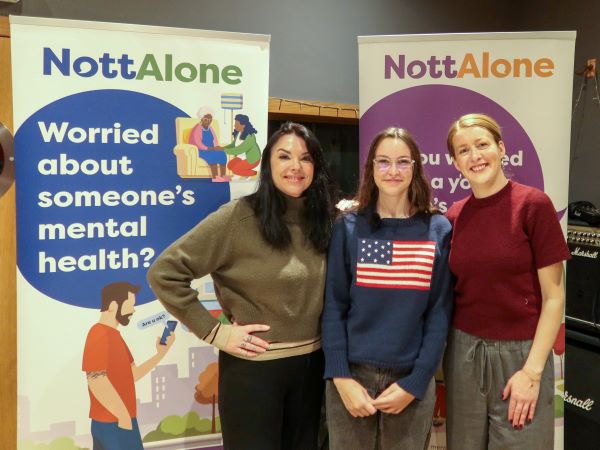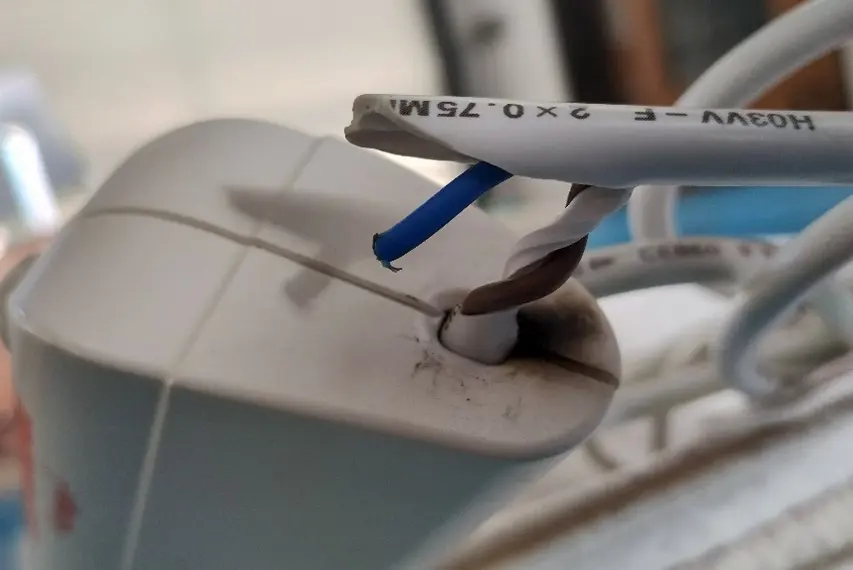Living with Covid

Respiratory infections like Covid-19 and flu, spread easily and may cause serious illness in some people. You may be infected with a respiratory virus and not have any symptoms but still pass an infection onto others.
The risk of catching or passing on respiratory infections is greatest when someone who is infected is physically close to or sharing an enclosed and/or poorly ventilated space with other people. When someone with a respiratory infection breathes, speaks, coughs or sneezes, they release small particles that contain the virus which causes the infection. These particles can be breathed in or can come into contact with the eyes, nose, or mouth. The particles can also land on surfaces and be passed from person to person via touch.
There are things that will help reduce the risk of catching or spreading respiratory infections:
- get a Covid-19 vaccination if you are eligible or invited
- let fresh air in if you are meeting indoors
- cover nose and mouth with a tissue when coughing and sneezing, or cough or sneeze into the inner elbow if there are no tissues available
- practise good hand hygiene and wash your hands regularly, especially if you have a cough or cold.








